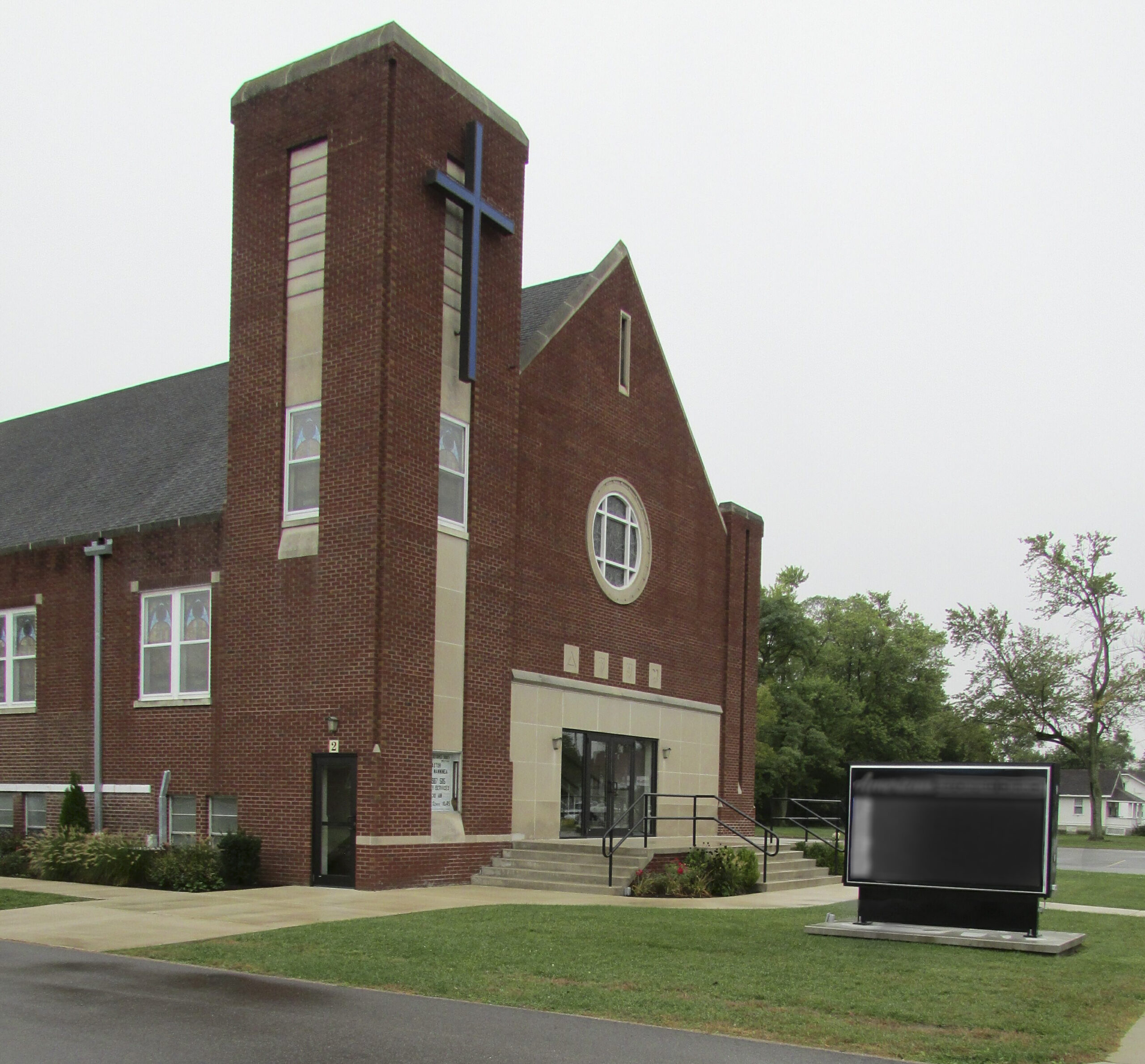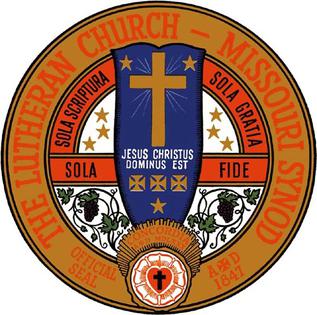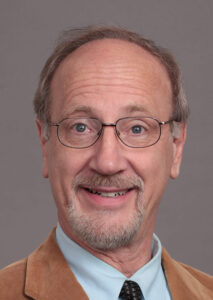
Some of my colleagues at Grand Canyon University in Phoenix say to me with a smile, “Who has ever even heard of the Missouri Synod?” While they intend it in a friendly joking sort of way, the rhetorical question gets to a bigger issue. In fact, the label “Lutheran” itself does not communicate to most Americans. The label “Lutheran” requires knowledge of church history, and average Americans “don’t know much ‘bout church history,” let alone European church history five centuries ago.
All of this is to say that we need to be able to explain ourselves to outsiders in ways intelligible to them. Maybe a church sign should say: “A Gospel-Baptism-Lord’s Supper-Bible-Creedal-Liturgical Church – Lutheran Church—Missouri Synod.”
I realize that is too clumsy, but you get the idea. Those words would begin to communicate to the general public what we are all about. We are big on the pure gospel, that the almighty Creator by his undeserved favor for sinners gives sinners justification/forgiveness/redemption/eternal fellowship with him as a free gift, which we receive by the empty hand of faith alone, all based on the all-sufficient work of Jesus of Nazareth, done outside of us and for us. We are big on baptism as taught and practiced according to the Scriptures, including infant baptism. We are big on the Lord’s Supper as taught and practiced according to the mandate and institution of our Lord, taking his words at face value. Jesus of Nazareth is the second person of the Trinity in human flesh whose words are able to do things which our words cannot do. We are big on the sacred Scriptures as the written word of God. All 66 books should be taught in a contextual, exegetically informed way. We are big on the ancient creeds as accurate and time-honored summaries of the Trinitarian faith. We are big on preserving traditional forms of liturgy used in church history precisely because they promote true worship of God and show continuity with the church of previous ages. We follow the church calendar and celebrate Advent, Christmas, Epiphany, Lent, Good Friday, Easter, the Ascension of our Lord, and Pentecost, because they help us focus on the person and work of Jesus.
Why are we big on these six features? Because they are markers that indicate the presence of the one, holy, catholic, and apostolic church in that place and time. Because they are the instruments used by the crucified, risen, and exalted Lord Jesus to build his church. As he promised, he has been building his one church throughout the last 2000 years (Matthew 16). And that is our first and foremost ecclesiological interest, not in self-promotion of our individual group or denomination but in the health and spread of Christ’s one, holy, catholic, and apostolic church. Along with the apostle Paul we are “eager to maintain the (already given) unity created by the Holy Spirit in the bond of peace,” since there is only one body of Christ, one Holy Spirit, one hope of the bodily resurrection, one Lord Jesus, one faith, one baptism, one God and Father of all (Ephesians 4).
In the year 2022 the United States is heavily churched; one might even say over-churched with umpteen churches and church bodies and church organizations. I see some type of church practically every six blocks, even several churches in a small town. In such a churched context what should be our ecumenical approach? To encourage all other churches, pastors, teachers, and Christians to gravitate toward these six features. Why? Because our interest is not self-promotion but the health and spread of Christ’s one, holy, catholic, and apostolic church.

What is our mission? To bring these six markers into every community. Why should we do that, given that every community in the United States already has other churches? Because every neighborhood and community need a gospel-centered ministry, baptism, the Lord’s Supper, the Scriptures, the creeds, and liturgy. To the extent that other churches do these things, we wish them well. But to the extent that other churches confuse, distort, or neglect these things, those geographical areas need churches promoting and spreading the above six markers.
The mission challenges facing the next generation are huge just in the United States not to mention around the world. The next generation will have to bring the marks of Christ’s hidden church into a wide variety of places. In the United States most people live on the two coasts and in the south. Half of the population live in heavily crowded urban areas. Twenty percent of the population is Latino. This mission effort will inevitably involve some competition, since there are other churches working in the same neighborhood or community. Yet in this inevitable competition we need to make clear to the people in the area and to the other churches that we are about the health and spread of Christ’s one, holy, catholic, and apostolic church, and that means the health and spread of the above six features. And we need to talk with them about these six features. Our ecclesiological goal is not self-promotion. It is the promotion and spread of the above six features. When and where these six markers are taking place, we praise the Lord. For there is only one Lord who is building his one, holy, catholic, and apostolic church.
At any rate, this is a rather long-winded reply to my colleagues’ humorous question, “Who has ever even heard of the Missouri Synod?”
Dr. Paul R. Raabe

Professor Emeritus of Exegetical Theology


Leave a Reply
You must be logged in to post a comment.